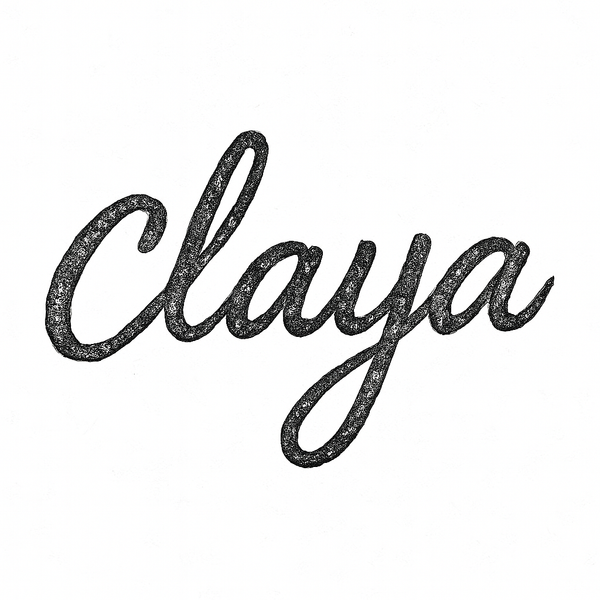
Opening, Clay Traps, and Plumbing
Share
Building a Pottery Studio in Denver That Works Well for Members and Students
The clay trap we installed today is delightfully named and branded as "The Trapzilla."
Today we worked on installing shop sinks and plumbing for the new studio space that will house Claya.
We hope to be finished with the construction soon--and we'll have plenty of industrial shop sinks for members and students to use. Hopefully Claya will be open as a full-service pottery studio in Denver by mid-October 2025.
Each shop sink will be connected to its own individual clay trap, which resides above ground.
Below ground, a solids separator will filter all incoming water for clay bodies. The water will then exit the solids separator, or clay trap, and enter the main sewer line for the city.

(Pictured above: the sink area in Claya Pottery Studio in Denver. The yellow bucket above is part of the Trapzilla solids separating system).
One of the priorities of Claya is to be environmentally responsible. It's probably easier to let clay build up over time in the sewer line. But it causes damage to city's sewer lines and contributes to dirtier waste water. Most studios don't conduct this level of filtering.
Just as restaurants install grease interceptors, we install clay traps and solid separators.
In other pottery studios that our community of potters has practiced ceramics at, we have found some somewhat-gnarly water and sink situations. At these studios, potters are required to spend extra time cleaning their bats and splash pans. Or there are simply are not enough sinks to accommodate a full pottery class of students. Our goal and intention with Claya is to provide a convenient, functional, affordable pottery studio--one that is easy-to-use, accessible, and approachable.
Making sure the space has an open floor-plan and adequate sinks with functional spray features seem like essential features to us.
(Pictured above: another view of the Trapzilla clay interceptor. It's like grease separation for restaurants : clay separation for pottery studios.)
One last note about the plumbing that is a bit fascinating is that 3440 Walnut Street (where Claya is leasing space for its studio) must have once been some sort of heavy-machinery shop. When we were drilling and jackhammering through the concrete floor, the slab thickness exceeded 8 and even 12 inches in places. Very sturdy stuff. Probably could support several 10 ton hydraulic presses....maybe we will get those hydraulic systems after all.
Once we've installed the sinks, we'll show the finished product! And by mid-October we hope to be offering a full array of pottery classes, studio memberships, and daily workshops for anyone interested in learning the art of pottery.
Here is one more picture of the space and it's current open layout. It's rather plain right now. This photo is from the front entrance.
We hope to be hosting pottery classes and to be open for membership soon - hopefully by mid-October.
If you have any ideas, preferences, or thoughts on what you would like to see in a pottery studio space in Denver, definitely let us know--we'd love to hear from you. Our email is info@clayastudios.com.
